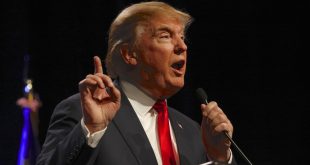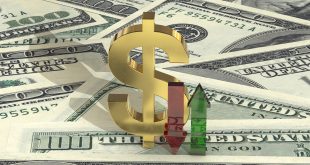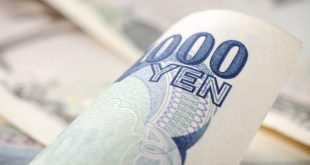Australia is expected to report its February employment figures on Thursday, and as markets get closer to the release time, forecasts, from economists and researchers at five major banks regarding the upcoming employment data, are worth consideration.
Australia is expected to have added 48.5K jobs versus the previous reading -11.5K in January, while the unemployment rate is seen falling a tick to 3.6% even as the participation rate is set to rise a tick to 66.6%.
TDS
“One of the most closely watched employment prints in a long time. The larger-than-usual increase in u/e people in Jan, and the larger-than-usual rise in the number of u/e people who had a job to go to in the future suggests a bounce is likely. We forecast 47K jobs were added in Feb, the participation rate rising to 66.6%, keeping the u/e rate unchanged at 3.7%”.
SocGen
“We expect February’s labour market data to show a sizeable gain (40K) in employment after seeing consecutive dips in the months of December and January. The contraction in employment during those months can partially be ascribed to the changing seasonal patterns in hiring. This would lead to a significant increase in February that will offset the seasonal anomaly. But we also believe that the slowdown in employment growth has materialised due to consumption weakness, which is likely to be seen in the sustained decline in three-month moving average of employment change (from 35 in November to 3 in February if our forecast is correct). The unemployment rate will likely decline a bit (3.6%), while the participation rate is likely to remain largely unchanged. Hours worked is also expected to pick up after experiencing contraction in three consecutive months, showing the underlying momentum in economic growth. In conclusion, we foresee that employment data will continue to show signs of an easing in labour market conditions. This would support our base scenario that the 25 bps hike in April will be the final one under the current tightening cycle”.
ING
“The upcoming labour data will give an indication as to whether the previous releases were arbitrary or if there is confirmation that the economy really is slowing down. With the RBA indicating that it is getting close to peak cash rates, a much weaker employment number could even give rise to thoughts that rates may have already peaked at 3.6%”.
CitiBank
“Citi employment change forecast; 56K,, Citi unemployment rate forecast; 3.5%, Citi participation rate forecast; 66.6%. The February labour force survey will be crucial to determine whether the RBA hikes or pauses in April. Strong employment gains are a necessary condition for the RBA to hike in the April Policy Board meeting. If the unemployment rate remains unchanged at 3.7% because of softer job growth – rather than strong labour force participation – then the odds of an RBA pause in April will increase”.
ANZ
“Like the RBA, we think the labour market will rebound in February. Our forecast is very strong employment growth of 90K, enough to have pushed unemployment back down to 3.5%. But if there’s another soft labour market result or if the other aforementioned prints prove lacklustre, this could keep the RBA on hold in April”.

 Noor Trends News, Technical Analysis, Educational Tools and Recommendations
Noor Trends News, Technical Analysis, Educational Tools and Recommendations




